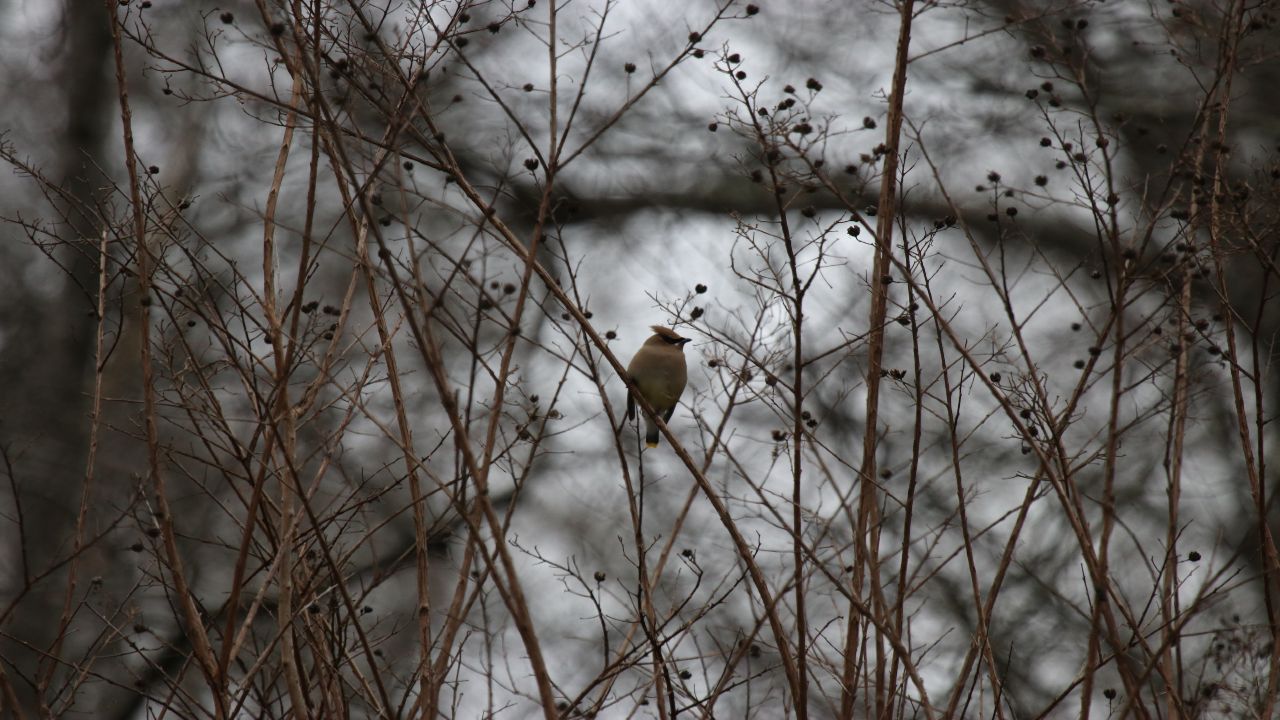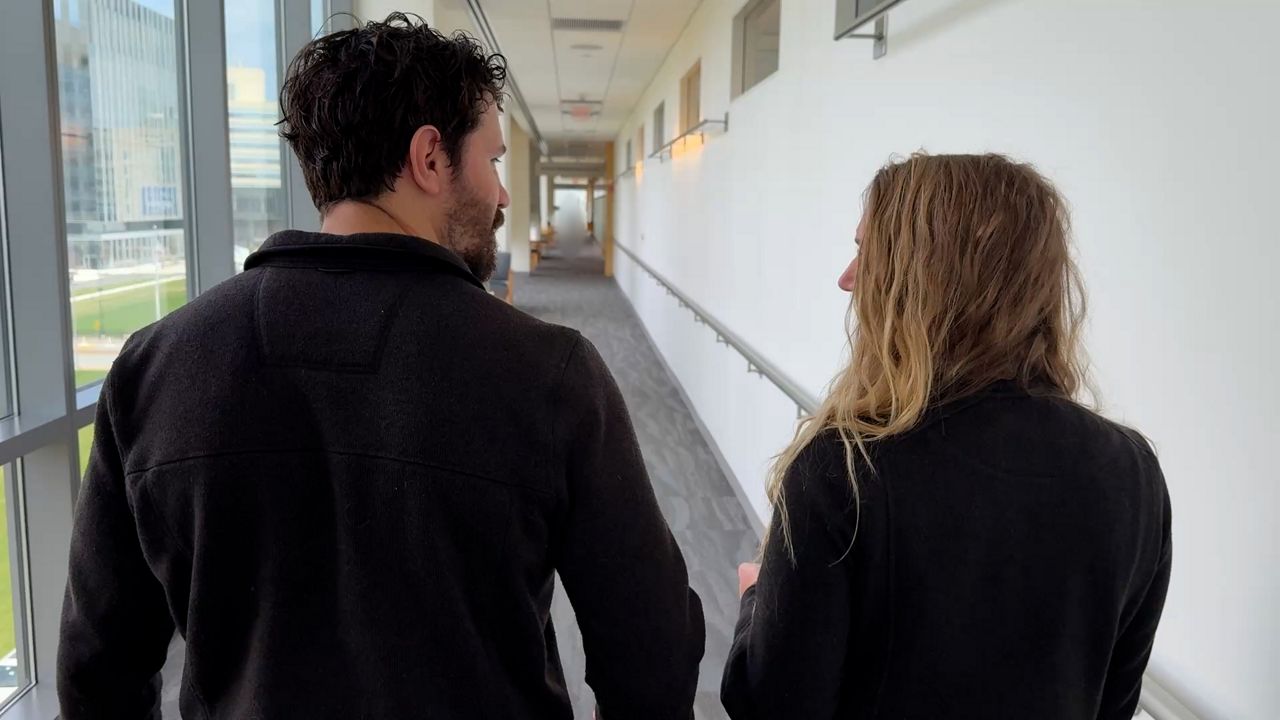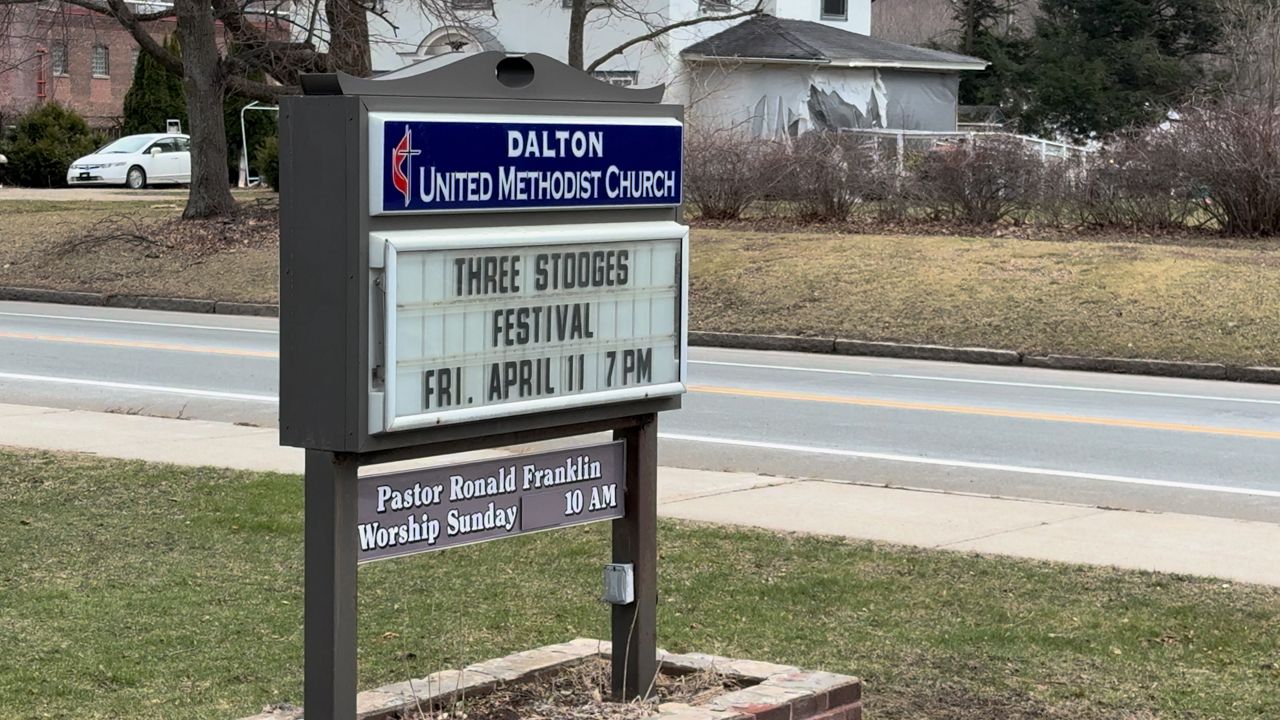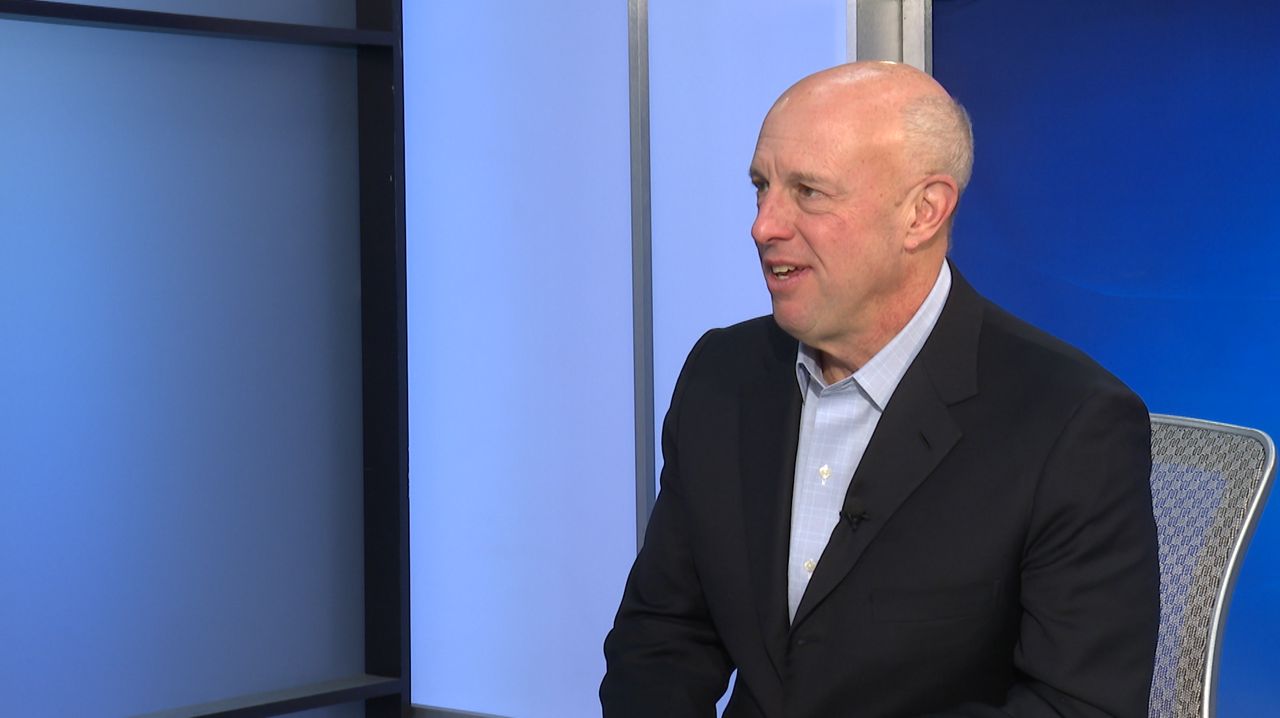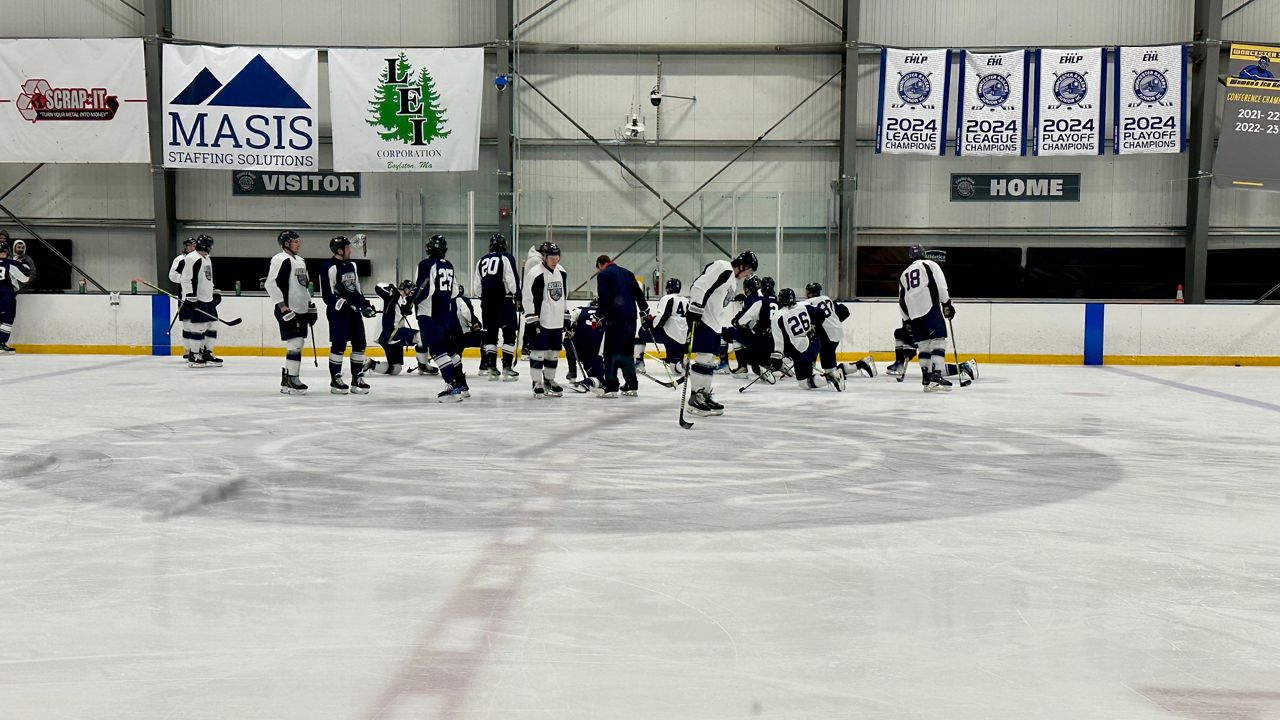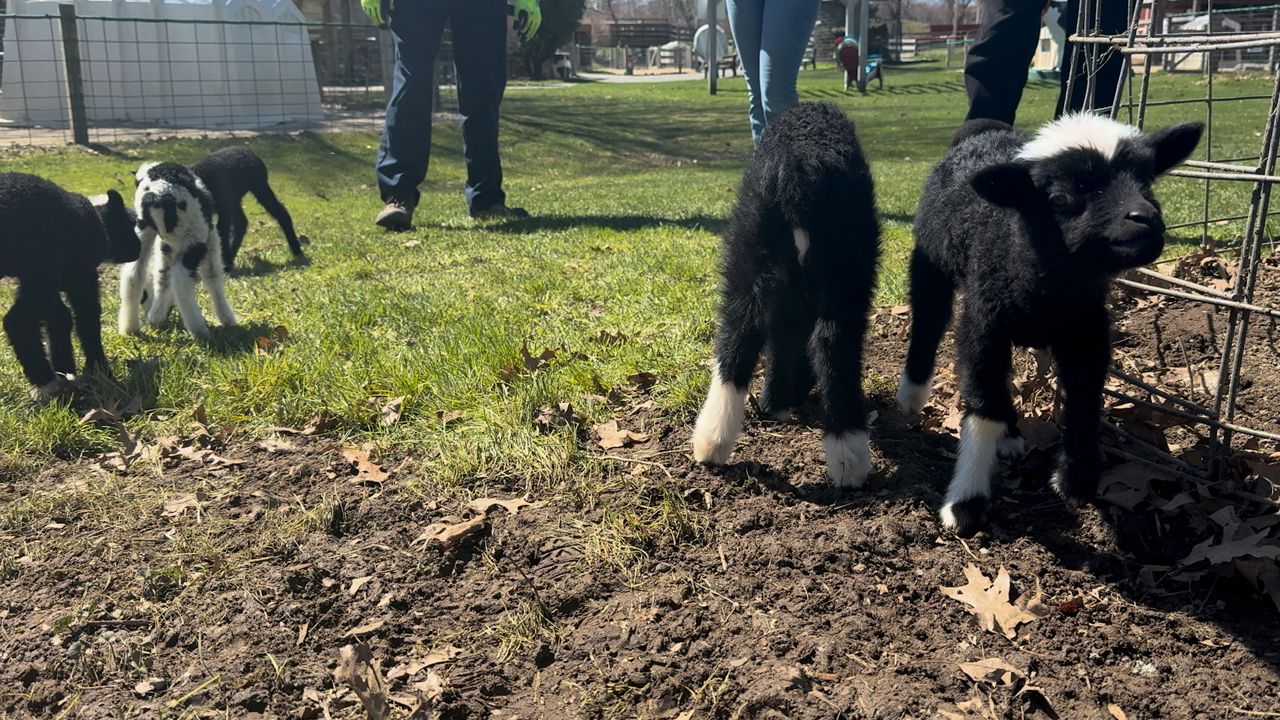WORCESTER, Mass. - A Clark University professor works to make STEM education more accessible by welcoming younger students to come see what it’s like to work in a college lab.
What You Need To Know
- Clark University associate professor Don Spratt STEM Outreach Program works to make education and labratory research more accessible to younger students
- This week during Clark's Spring Break, Spratt welcomed groups from four local high schools
- The associate professor in the Gustaf H. Carlson School of Chemistry & Biochemistry at Clark University started the outreach program about six years ago and now works with 19 Worcester County schools
- Spratt said now more than 1,000 students have been a part of the growing program
High school students are taking over a biochemistry lab at Clark University this week and associate professor Don Spratt said they’re doing a great job.
The students on Wednesday came from Nipmuc High School. Their teacher James Gorman said the visit to Clark supplements the work they’re already doing.
“It matches really well with one of the AP bio labs we do," Gorman said. "So, the kids actually do the first part of this lab at the school, they come here, and Doctor Spratt has this all set up with equipment we don't have at school. So, they get to do the second half of the lab, which is purifying the proteins.”
It’s all part of Professor Spratt's STEM Outreach Program. He started teaming up with high schools about six years ago, and now he works with 19 schools across Worcester County to give students an inside look at a college lab and talk about pursuing a career in science.
“The idea of this trip is to actually have students come to Clark, feel like they're welcome here, and help to improve scientific literacy through a biotechnology lab, through a food chemistry lab," Spratt said. "We also want students to feel like science is a viable career path for them. And this is a great opportunity to get their hands on and actually experience what it's like to be on a university campus before they actually register at a school.”
It’s a trip down memory lane for Gorman because he’s a Clark University alumus.
“This is a lab I was in 25 years ago. It's kind of cool seeing them here, using the equipment I used, but now they got better stuff," Gorman said. "So, it's kind of cool that way to see that how things evolve. And then you get the same experience that I got and hopefully turn some of them on to things they never really experienced in school; open new pathways.”
And for Spratt, it’s all about opening doors for young scientists.
“Giving back to the community," Spratt said, "trying to inspire our students and improve scientific literacy; that's the real goal behind all this.”




